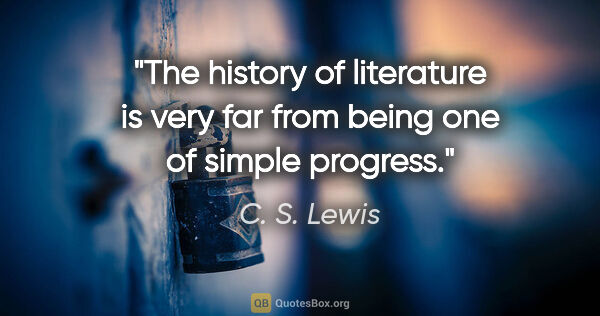History Quotes (page 102)
...I also know - and this won't alter the course of history or your personal view of me - that you will die with a clenched fist and a tense jaw, the epitome of hatred and struggle, because you are not a symbol (some inanimate example) but a genuine member of the society to be destroyed; the spirit of the beehive speaks through your mouth and motivates your actions. You are as useful as I am, but you are not aware of how useful your contribution is to the society that sacrifices you.
Che Guevara
TODD: The history of the world, my love --LOVETT: Save a lot of graves, Do a lot of relatives favors! TODD: Is those below serving those up above! LOVETT: Ev'rybody shaves, So there should be plenty of flavors! TODD: How gratifying for once to know. BOTH: That those above will serve those down below!
Stephen Sondheim
To the Muslim world, we seek a new way forward, based on mutual interest and mutual respect. To those leaders around the globe who seek to sow conflict, or blame their society's ills on the West - know that your people will judge you on what you can build, not what you destroy. To those who cling to power through corruption and deceit and the silencing of dissent, know that you are on the wrong side of history; but that we will extend a hand if you are willing to unclench your fist.
Barack Obama
Confident that cast-iron walls separate our nature and situation from theirs, comfortable in the well-broken-in saddle of our high horse, we have exchanged our capacity to be tolerant for detachment and derision.
It is the tragedian's task, then, to force us to confront an almost unbearable truth: every folly or myopia of which any human being in history has been guilty may be traced back to some aspect of our collective nature. Because we each bear within ourselves the whole of the human...
Alain de Botton
It doesn't matter whether a sequence of words is called a history or a story: that is, whether it is intended to follow a sequence of actual events or not. As far as its verbal shape is concerned, it will be equally mythical in either case. But we notice that any emphasis on shape or structure or pattern or form always throws a verbal narrative in the direction we call mythical rather than historical.(p.21)
Northrop Frye

